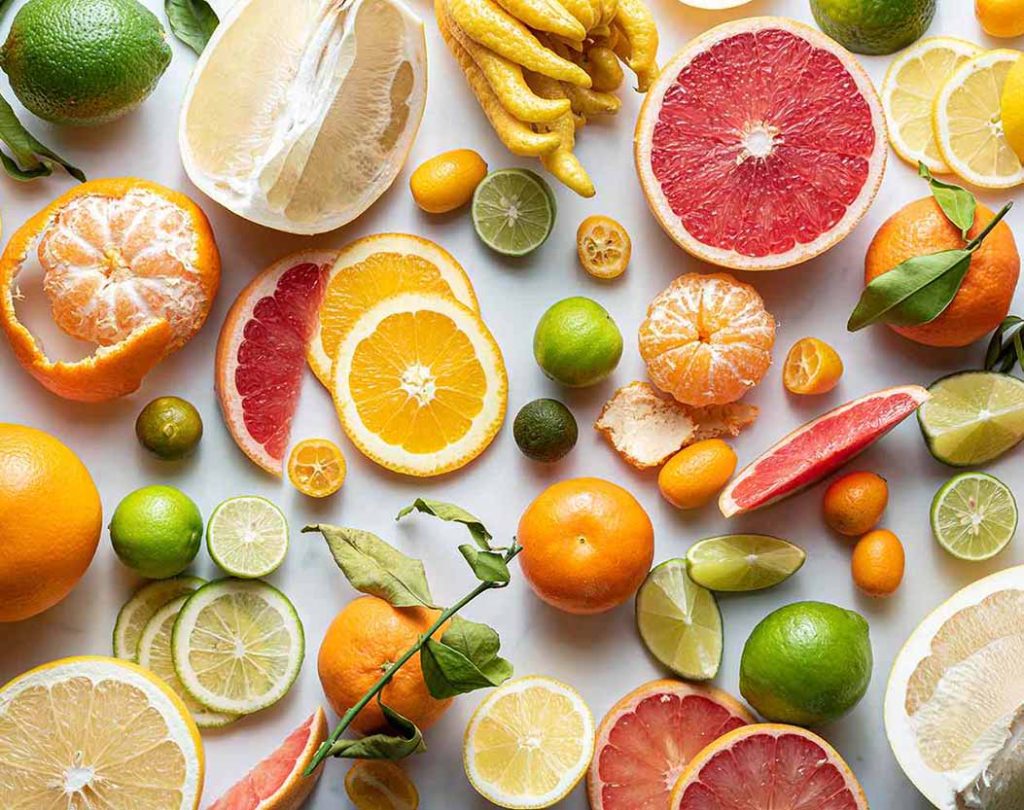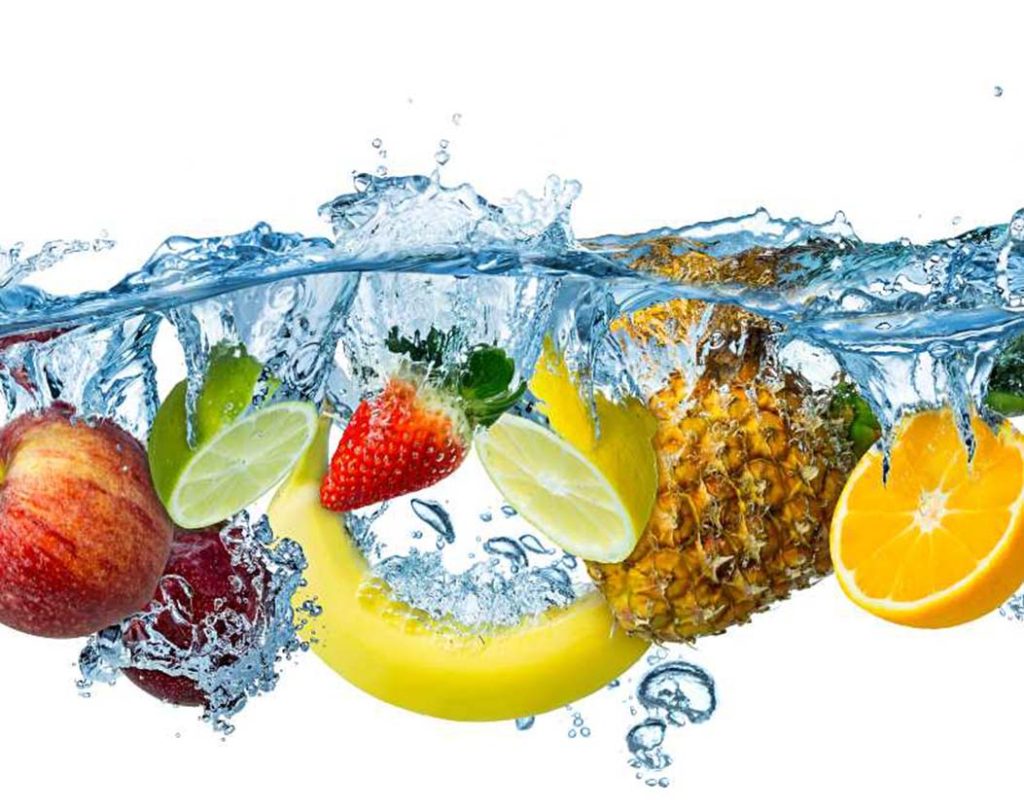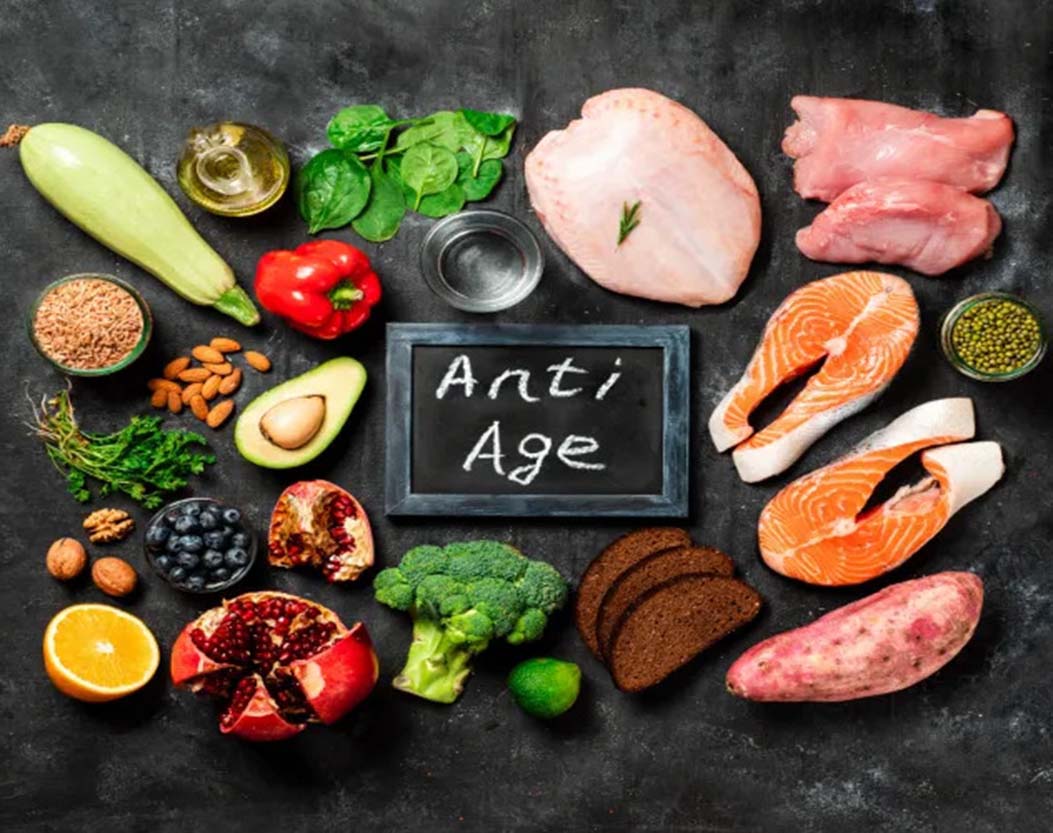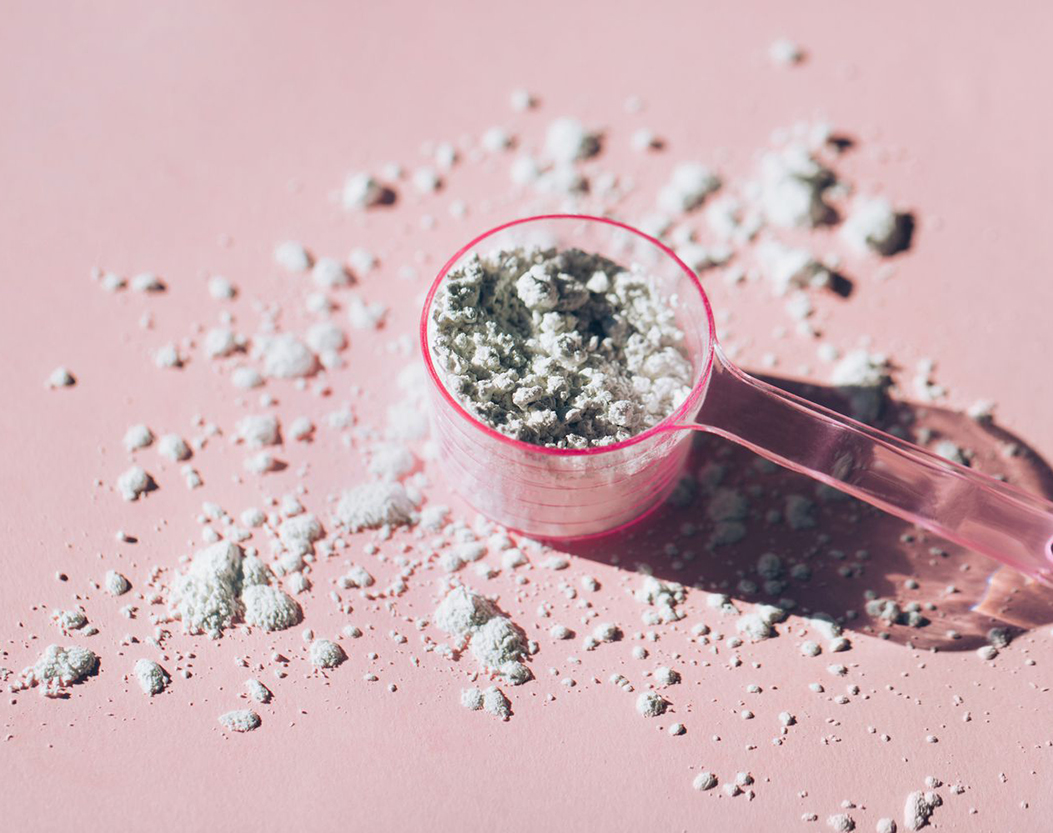When it comes to achieving glowing, youthful skin, most people turn to their skincare routines. They invest in the latest serums, moisturizers, and masks, hoping these products will deliver the results they’ve always wanted. However, while these products play an important role in skincare, the foundation of truly healthy, youthful skin goes much deeper. The secret to glowing skin may be as close as your next meal.
Get More from Your Tech — Gazelle.com
Get more from your tech at Gazelle.com.
Instant quotes, free shipping, and great deals on certified pre-owned devices.
Trade. Save. Repeat.
A healthy diet rich in nutrients not only nourishes the body but can also contribute to skin health, helping to slow the aging process and reduce signs of aging. From vitamins and minerals to antioxidants, the foods you consume can impact your skin’s texture, elasticity, and radiance. So, if you want to turn back the clock and achieve healthier skin, it’s time to start paying attention to what’s on your plate.
The Connection Between Diet and Skin Health
Our skin is our body’s largest organ, and like all organs, it requires proper nutrition to function at its best. When we don’t get enough of the right nutrients, our skin can suffer. Poor diet can lead to issues such as acne, dryness, wrinkles, and even more serious skin conditions.
For instance, an imbalance of omega-3 and omega-6 fatty acids can contribute to inflammation and irritation in the skin, while a lack of antioxidants can leave the skin vulnerable to oxidative stress and the damaging effects of free radicals. Free radicals are unstable molecules that break down collagen and elastin in the skin, leading to wrinkles, sagging, and dullness.
On the flip side, a nutrient-dense diet packed with skin-boosting ingredients can protect the skin, promote collagen production, and keep it looking vibrant and youthful. So, let’s dive into the foods that can help you achieve that “anti-aging” glow.
Key Nutrients That Benefit the Skin
- Vitamin C: The Collagen Builder Vitamin C is a powerhouse when it comes to skincare. Known for its ability to brighten the complexion, vitamin C also plays a key role in collagen production. Collagen is the protein that gives skin its structure, strength, and elasticity. As we age, collagen production naturally declines, leading to wrinkles and sagging. Consuming vitamin C-rich foods can help stimulate collagen production, improving skin’s firmness and reducing signs of aging.
Where to find it: Citrus fruits (oranges, lemons, grapefruit), strawberries, kiwi, bell peppers, and leafy greens.

- Vitamin E: The Skin Protector Vitamin E is a potent antioxidant that protects the skin from free radicals and environmental damage, such as UV radiation and pollution. It helps maintain the skin’s moisture barrier and promotes healing, reducing the appearance of scars and discoloration. This vitamin also helps prevent wrinkles by fighting oxidative stress, which accelerates aging.
Where to find it: Nuts and seeds (almonds, sunflower seeds), avocados, spinach, and fortified cereals.
- Omega-3 Fatty Acids: The Hydration Hero Omega-3 fatty acids are essential fats that help keep the skin hydrated, smooth, and plump. These fats prevent skin dryness by supporting the skin’s lipid barrier, which locks in moisture and keeps irritants out. Omega-3s also reduce inflammation, which can help calm conditions like acne, eczema, and psoriasis.
Where to find it: Fatty fish (salmon, mackerel, sardines), flaxseeds, chia seeds, and walnuts.
- Antioxidants: The Age-Defying Allies Antioxidants are compounds that protect the skin from oxidative damage caused by free radicals. These powerful nutrients neutralize harmful molecules that break down skin cells, leading to premature aging. The more antioxidants you have in your diet, the more protection your skin gets against wrinkles, fine lines, and other signs of aging.
Where to find them: Blueberries, dark chocolate, green tea, spinach, kale, and red cabbage.
- Zinc: The Acne Fighter Zinc is a vital mineral that plays a significant role in skin health. It helps with collagen synthesis, reduces inflammation, and supports the immune system. Zinc can be particularly helpful for those struggling with acne, as it helps regulate oil production and prevents clogged pores.
Where to find it: Oysters, pumpkin seeds, lentils, chickpeas, and cashews.
- Biotin: The Skin’s Best Friend Biotin, also known as vitamin B7, is essential for healthy skin, hair, and nails. Biotin helps maintain the skin’s natural moisture, preventing it from becoming dry and flaky. It also plays a role in the production of fatty acids that help nourish and protect the skin.
Where to find it: Eggs, almonds, sweet potatoes, and spinach.
- Water: The Ultimate Skin Hydrator Hydration is key to maintaining plump, youthful skin. Dehydration can lead to dry, flaky skin and exacerbate the appearance of fine lines. Drinking enough water throughout the day ensures that your skin remains moisturized from the inside out, supporting its natural glow and elasticity.
Where to find it: The best source of hydration is, of course, water itself, but fruits and vegetables such as cucumbers, watermelon, and oranges are also great hydrating foods.

Anti-Aging Foods to Incorporate Into Your Diet
Now that we know which nutrients are essential for skin health, let’s explore some specific foods that can help turn back the clock.
- Tomatoes Rich in lycopene, a powerful antioxidant, tomatoes help protect the skin from sun damage and prevent premature aging. Lycopene also improves skin texture and boosts collagen production.
- Avocados Packed with healthy fats and vitamin E, avocados help keep the skin hydrated and protected from oxidative stress. They also promote skin elasticity, making them a great addition to your anti-aging diet.
- Green Tea Green tea is rich in polyphenols, particularly epigallocatechin gallate (EGCG), which has been shown to reduce the breakdown of collagen and protect the skin from UV-induced damage. Drinking green tea regularly can help keep your skin youthful and glowing.
- Berries Berries, especially blueberries and strawberries, are packed with antioxidants like vitamin C and flavonoids, which protect the skin from environmental damage and support collagen production.
- Nuts and Seeds Nuts, such as almonds, and seeds like chia and flaxseeds are rich in omega-3 fatty acids, vitamin E, and zinc, all of which are essential for maintaining youthful, glowing skin.
- Leafy Greens Spinach, kale, and other dark leafy greens are rich in vitamin C, antioxidants, and folate, which support collagen production and skin regeneration.
A Holistic Approach to Skincare
While skincare products can enhance the appearance of your skin, they work best when paired with a healthy diet. Eating a wide variety of nutrient-rich foods will provide your skin with the essential building blocks it needs to stay healthy, hydrated, and youthful. Additionally, don’t forget the importance of sleep, exercise, and stress management in maintaining overall skin health.
Remember, skincare isn’t just about the products you apply externally—what you nourish your body with plays an equally crucial role in the health and appearance of your skin. By making mindful food choices and incorporating these skin-boosting nutrients into your daily routine, you’ll be giving your skin the tools it needs to look its best, both now and in the future.
Taking care of your skin goes beyond what you apply to your face. By focusing on a diet rich in vitamins, minerals, and antioxidants, you can help protect your skin from aging and support its natural ability to repair and regenerate. So, if you’re looking to achieve that youthful, glowing complexion, don’t forget to eat the rainbow—and let your skin reap the benefits!



